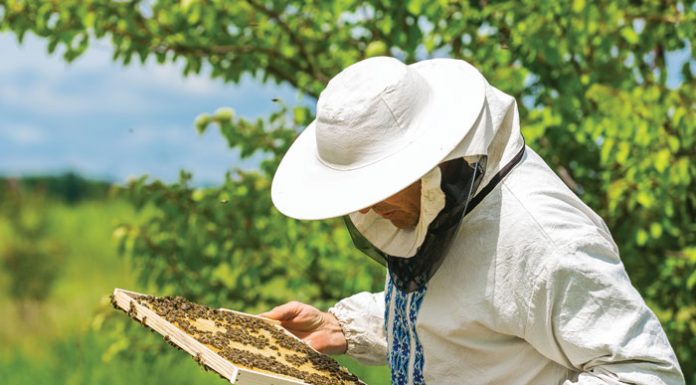Dear Editor:
I want to start by telling you that I discovered Ami Magazine during the COVID-19 lockdown.
I have always loved reading and used to borrow ten books a month from the library. Then the libraries closed. I was stuck at home and was having withdrawal symptoms with nothing to read. I started reading your magazines from cover to cover and really enjoy them. I am a fourth-generation Swede now living in London, and I have written a story about how my father’s dying wish came true.
Renee Revah
*********
When this letter showed up in our editor’s inbox, we were intrigued. Renee, who grew up in Malmö and raised her family in London, is an intelligent and articulate woman whose dedication to her late father’s wishes is clearly evident. Here is her story in her own words:
My father, Sigge (Shabsi) Friedman, the son of Avrohom Tzvi and Rochel Friedman, was a Viking Jew. This is an honorary term that refers to Nordic Jews, or residents of Norway, Sweden and Denmark, who have been living there for many years. My father’s family has been in Sweden for three generations, starting from the late 1800s. Until 1860, there were few Jews in Sweden, but at some point more moved north to escape the pogroms in their home countries.
I was born and raised in Malmö, the third-largest city in Sweden, after Stockholm and Gothenberg. Today Malmö has a large Muslim presence and is a hotbed of anti-Semitism, but during my childhood it was a peaceful, tolerant place.
My father was raised in a religious family, one of the few frum families in Malmö. Since Sweden remained neutral during the Holocaust, it was a haven for many refugees who headed north to escape deportations. My mother, Becky (Rivka, née Sterling), was born and raised in Denmark. She was the granddaughter of Yocheved Sterling (Szterling), the sister of the Chidushei HaRim, the first Gerrer Rebbe.
She and her parents were rescued from deportation during the fateful Rosh Hashanah of 1943 when their Danish neighbors rowed them to safety under the noses of the Germans. My maternal grandparents found shelter in Sweden, and my parents were married shortly before the war ended.
Thousands of Jews arrived in 1945, after the Holocaust, on the famous white buses sent by the Red Cross. They were known as the “Forty-fivers.” My father remembered that many of them were extremely malnourished after years of horrific suffering in the camps. Sadly, many died after a few weeks because the Swedes overfed them.





















